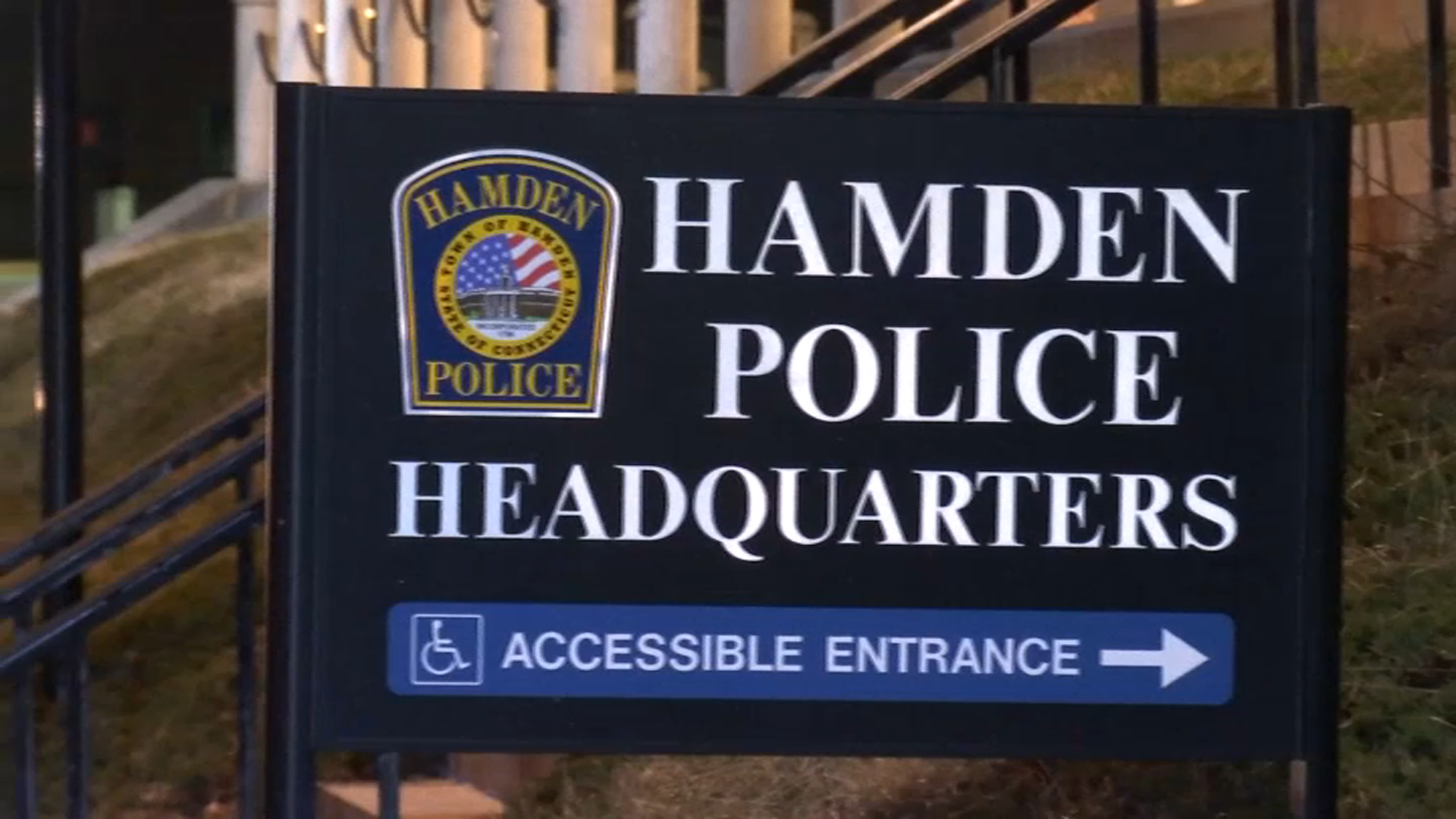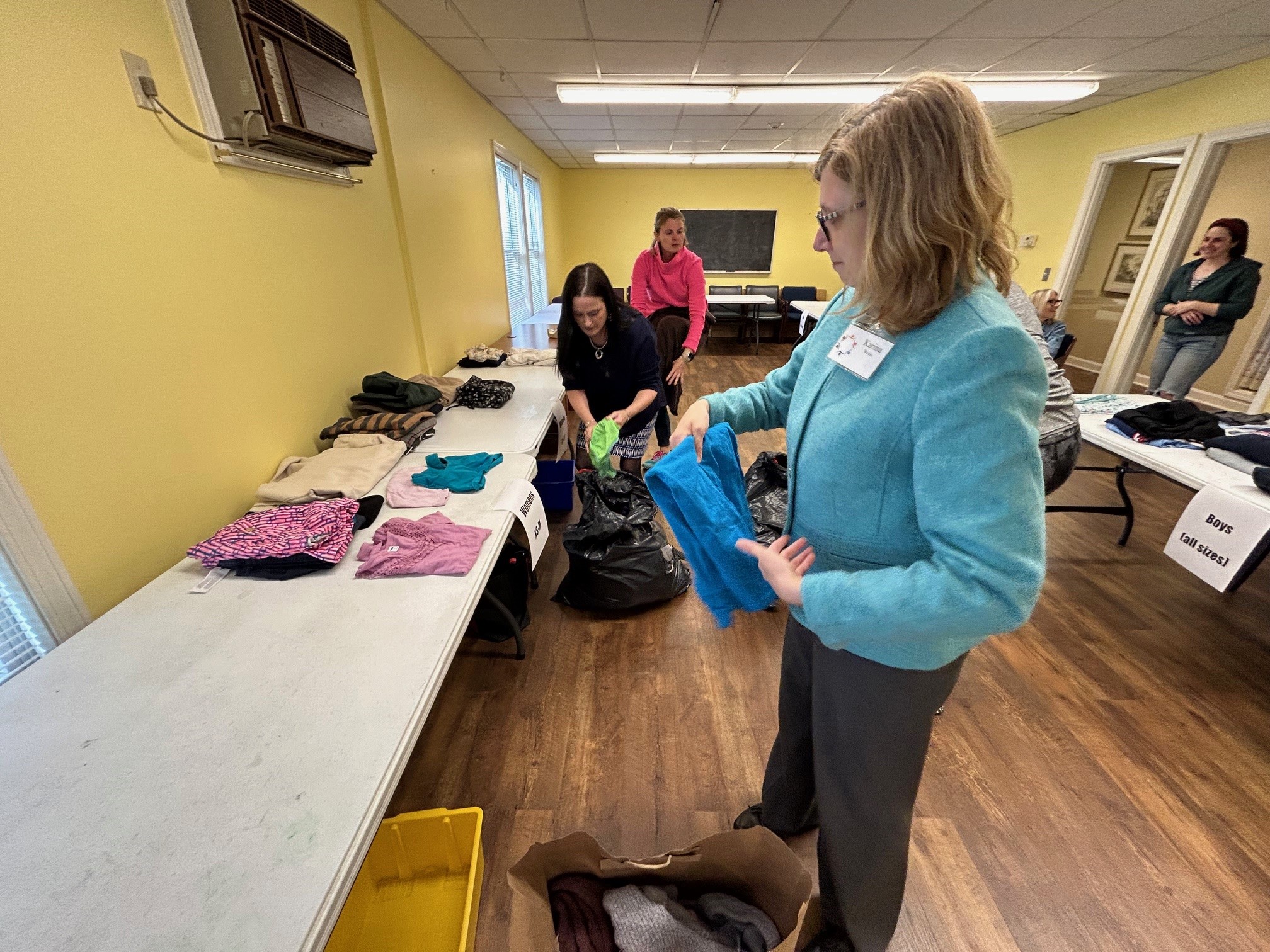They protect our country, but too often, members of the armed forces are defenseless when it comes to military sexual trauma. Reports of sexual assaults across all branches jumped 13% last year.
Close to 36,000 service members said in a confidential survey they experienced unwanted sexual contact. That's compared to roughly 20,000 in a similar 2018 survey.
“Military sexual trauma is one of the more toxic experiences a person can have,” Dr. Jason DeViva, clinical psychologist at West Haven VA and VA Connecticut’s Military Sexual Trauma coordinator, said.
The impacts of those scars gotten off the battlefield are often life-altering.
Get Connecticut local news, weather forecasts and entertainment stories to your inbox. Sign up for NBC Connecticut newsletters.
“It's associated with high rates of post-traumatic stress disorder, major depressive disorder, mood disorders, psychotic disorders, substance use disorders,” DeViva said.
At VA Connecticut Healthcare System, more than 2,000 veterans reported a history of military sexual trauma in the first half of 2022. That includes 1,200 women and 800 men.
“That's an underestimate,” DeViva said. “We know a lot of veterans don't tell us the first time we ask.”
Local
He adds that only about one-third of the state’s veterans seek services at VA Connecticut.
Military branches are taking tougher stances to combat sexual crimes. The Army, Airforce and Navy are implementing new policies to encourage victims to come forward.
“This is long overdue,” Andrea Goldstein, acting director for force resiliency for Department of the Navy, said.
Goldstein said before the Navy’s new “Safe-To-Report” policy was implemented in June, there was nothing to protect victims from discipline related to their own misconduct before an assault.
“One of the most common is underage drinking,” she said. “Other examples are an unprofessional relationship with the accused, or violation of things like curfews.”
The policy now protects victims from discipline, and it comes after the Navy ordered a 90-day independent review on sexual assault in the military in 2021.
“One of the overall findings was that there was a significant gap in trust between those who serve, particularly our most junior members of the force, and their leadership,” Goldstein said. “What is very important to us is to restore trust in the force, in their leadership.”
DeViva said veterans have reiterated that need to rebuild trust.
“This is the organization that when they come in, tells them we'll meet all your needs, we’ll feed you, we’ll house you, we’ll clothe you, as long as you do your job and serve your country,” he said. “Then they reach a point where that organization is not doing that anymore, and it's a particularly hurtful thing.”
For the thousands of Connecticut veterans dealing with the aftermath of military sexual trauma, DeViva said his door is open. Federal law requires every VA to have a MST coordinator to assess trauma and connect vets to counseling and therapy.
“There's nothing that trauma does that we can't help with,” DeViva said. “I want people to know that they can come in here, and they will be believed.”
Meanwhile, Goldstein said the Navy is doubling down on efforts to address sexual violence, implementing 82 recommendations from the independent review commission to better protect our defenders, and ultimately national security.
“Service members should know that they can rely on the person to the left and their right to go into battle and be committed to warfighting excellence,” Goldstein said. “In order to do so, the risk of sexual violence at the hands of someone they're supposed to trust should not be there.”



